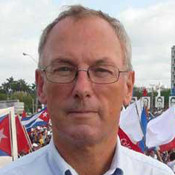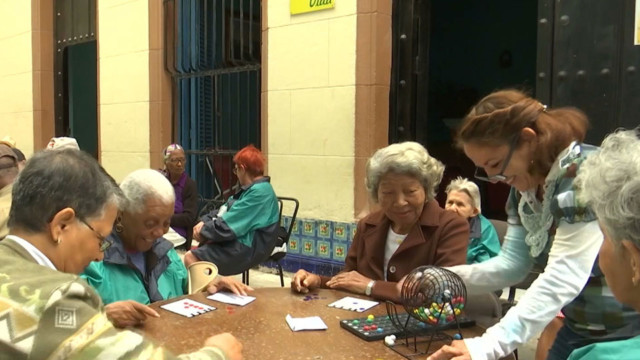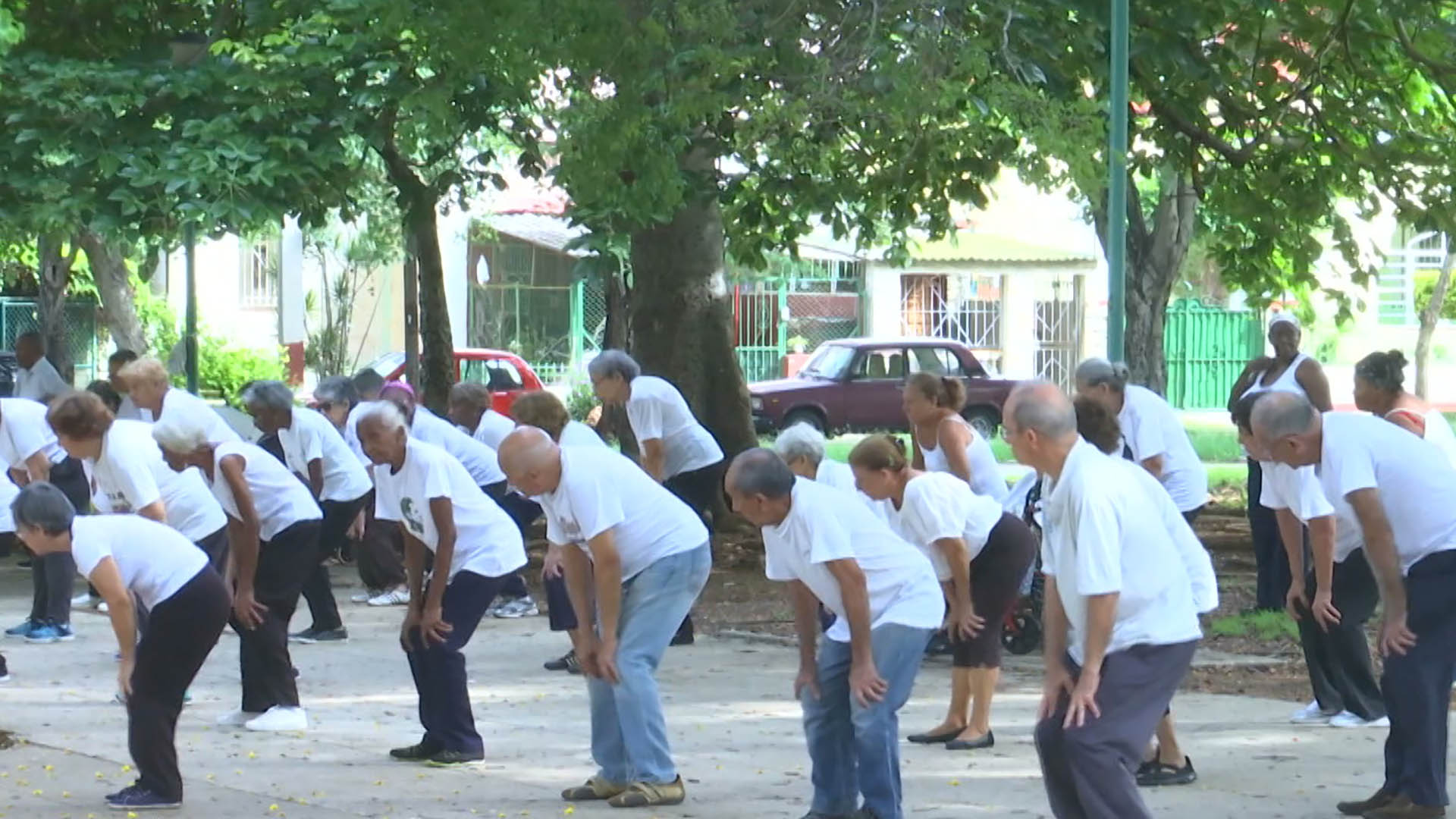Many of the world leaders gathering at the United Nations are facing a similar problem: aging populations in their home countries. Cuba is one of the nations figuring out how to best deal with the demographic change.
CGTN’s Michael Voss reports.
With free healthcare, Cubans are living longer than ever. Almost one in five is over the age of 60, which is the highest percentage in Latin America, according to the United Nations.
Retired English teacher Raul de la Torre is 94-years-old, well past the average life expectancy of around 80.
“I like to swim, I like to dance. And eating good, that makes me live a long, long time,” de la Torre said.
But caring for the elderly is putting an increasing strain on Cuba’s medical and social services at a time when fewer young people are entering the workforce to help pay for it.
The country’s average birth rate is the lowest in Latin America. Low pay and a struggling economy help keep the rate depressed, and with Cuba’s free education system, many women are putting their careers first.
In some ways, this is a sign of Cuba’s success.
“There are an increasing number of women going to university, and a majority of technical and professional jobs are filled by women,” Sonia Catasus, a demographics professor at the University of Havana said. “At the same time, we see our population aging. Our health service allows a better quality of life and a higher life expectancy.”
Cuba already offers some of the best child care support in the region, with benefits including low cost nurseries and one year’s maternity or paternity leave. But with the birth rate still low, the government is trying new ways to encourage motherhood.
Women working in the private sector will have their taxes cut in half if they have a second child, and if mothers don’t take their full year’s maternity leave, the state will now pay working grandparents to take leave instead.
Working mother Sandra Guerreiro welcomes the news, but remains undecided.
“The economy does not allow more. Everything is expensive: from imported diapers to children’s clothes. There are so many things, and I’m a single mother. It’s not easy,” she remarked.
Cuba is not alone in figuring out how to best address an aging population. Over the next 30 years, the U.N. expects the world’s population of seniors to double from its 2015 level. Economists call this a “demographic time bomb” that threatens to transform the global economy.
 CGTN America
CGTN America


